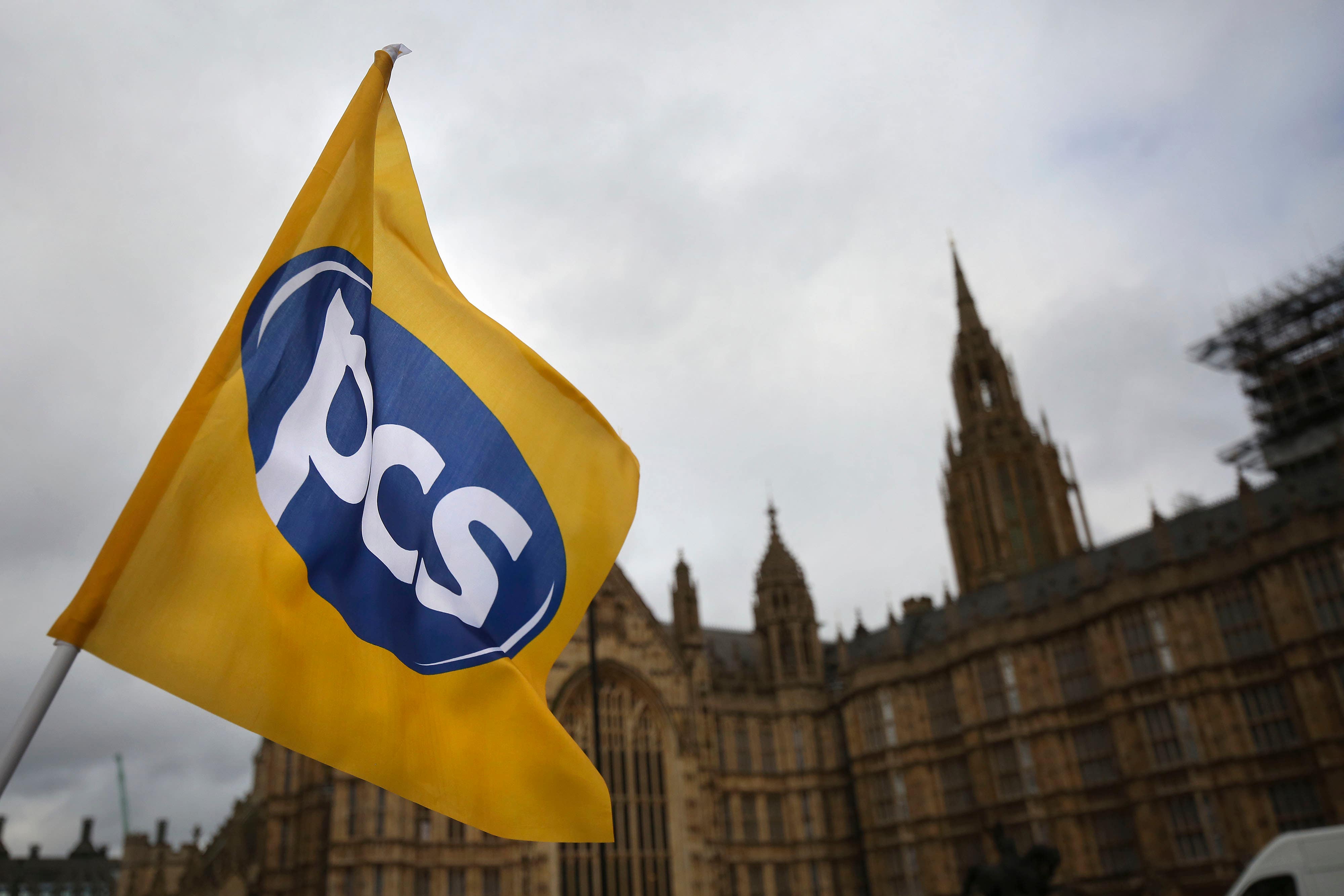ONS employees vote to strike in working-from-home dispute
Union says staff told to work from their office two days a week after previously being allowed to work from home since start of the lockdown.

Your support helps us to tell the story
From reproductive rights to climate change to Big Tech, The Independent is on the ground when the story is developing. Whether it's investigating the financials of Elon Musk's pro-Trump PAC or producing our latest documentary, 'The A Word', which shines a light on the American women fighting for reproductive rights, we know how important it is to parse out the facts from the messaging.
At such a critical moment in US history, we need reporters on the ground. Your donation allows us to keep sending journalists to speak to both sides of the story.
The Independent is trusted by Americans across the entire political spectrum. And unlike many other quality news outlets, we choose not to lock Americans out of our reporting and analysis with paywalls. We believe quality journalism should be available to everyone, paid for by those who can afford it.
Your support makes all the difference.Employees at the Office for National Statistics (ONS) have voted to strike in a dispute over workplace attendance.
Members of the Public and Commercial Services union (PCS) backed industrial action by around three to one in protest at being told to work from their office for two days a week after previously being allowed to work from home since the start of the lockdown.
The union said home and hybrid working has been successful since the start of the pandemic, adding that managers had reassured staff that these arrangements would remain in place.
Fran Heathcote, general secretary of PCS, said: “ONS bosses have seriously undermined the trust and goodwill of their staff by seeking to drive this policy through in such a heavy-handed way, heedless of the consequences.
“They now need to immediately pause implementation of the policy and talk to us about reaching a sensible resolution of this issue, which does not carelessly disadvantage staff.”